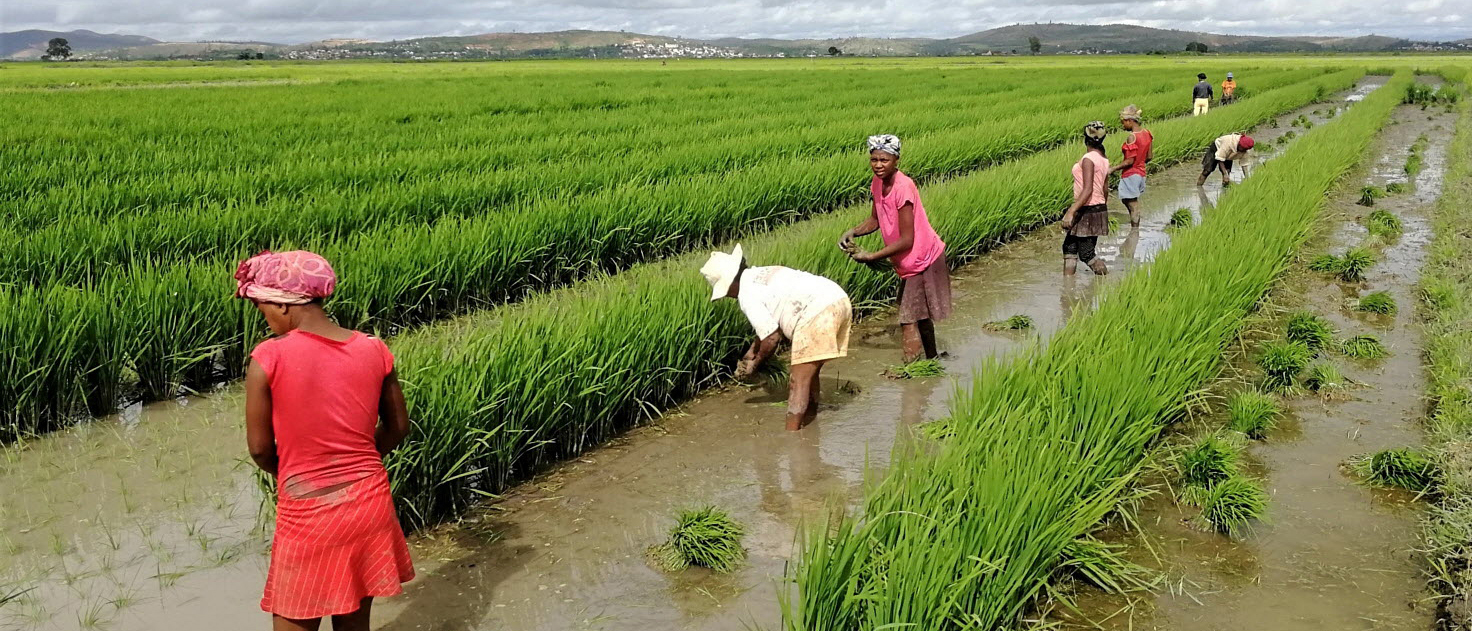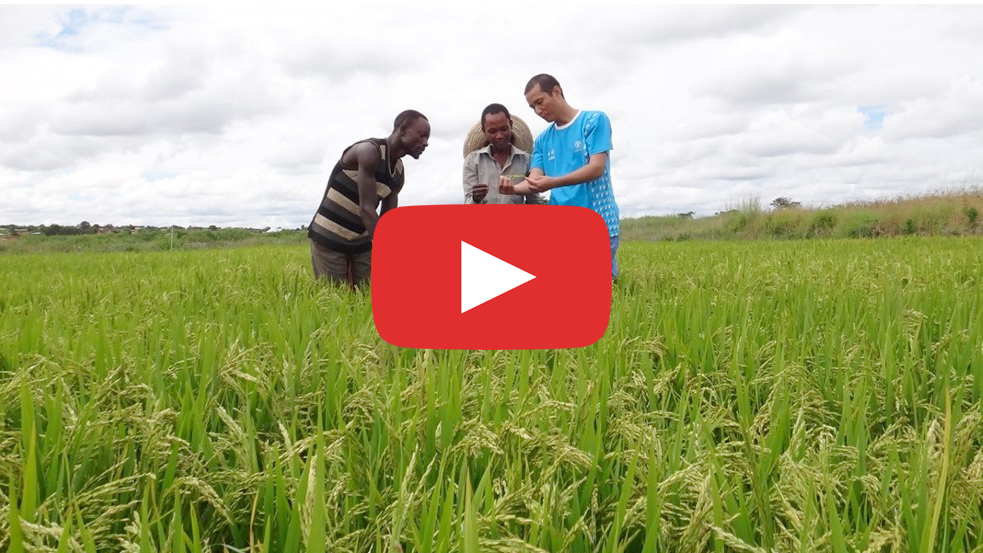South-South Cooperation (SSC) is the mutual sharing and exchange of key development solutions — including knowledge, experience, good practices, policies, technology and resources— between and among two or more countries in the global South. Triangular cooperation happens when a third party is involved — typically a multilateral institution, a traditional resource partner or an emerging economy, providing the SSCs with technical or financial resources.
There has not been a comprehensive evaluation of FAO’s work on SSC since its inception. Although SSC has been featured in several evaluations – the latest in 2020 a brief study was conducted as part of the evaluation FAO’s contributions to the achievement of Sustainable Development Goal 2: end hunger, achieve food security and improved nutrition and promote sustainable agriculture. The evaluation will build on this brief study on South-South and triangular cooperation (SSTC).
What does the evaluation cover?
The evaluation covers the totality of FAO’s work on SSTC since 2012. It assesses the effectiveness of SSTC facilitated by FAO, as well as the organization’s work in promoting the mechanism among members.
The evaluation also examines how SSTC has been strategically positioned within FAO, identify good practise and synergies with other FAO-led interventions, as well as challenges regarding its operationalization and how to make it an even more useful mechanism for the membership.


